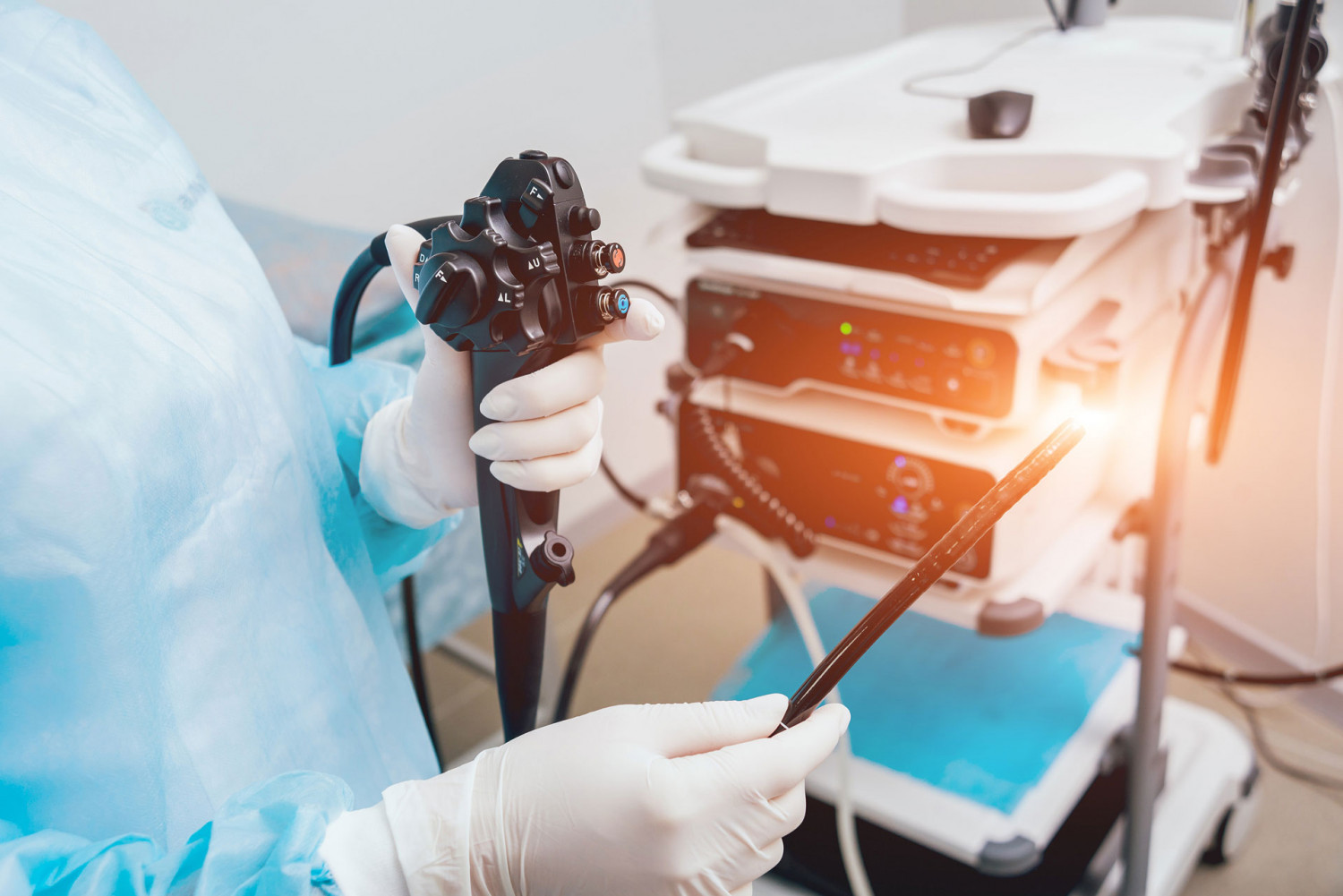

What other procedures do we perform?
GERD, diarrhea and colorectal cancer are examples of gastrointestinal health issues. To treat these conditions properly, you'll want to find out what's causing them and get advice from a qualified gastroenterologist. Come to our clinic for:
We can also evaluate patients to determine whether they're candidates for the LINX reflux management system. Reach out to us today to request an appointment.



